Irrigation Vs Hunger
Highlights
- The small-scale farmers mainly relied on rainfall to grow crops. The irrigation technology was unheard off
- The farmers believe that the micro-irrigation technology can enhance climate resilience boost food and nutrition, and contribute to the economic growth
- The presence of about 3,000 Congolese refugees living in Lobule settlement, has created a high demand for vegetables and rice
By Stephen Candia
For several years, farmers in Lobule Sub county in Koboko district endured horrid life due to dry long spells that adversely rendered them hungry and food insecurity.
They relied on rainfall to grow crops. The irrigation technology was unheard off. Some of the farmers thought it was expensive to install irrigation schemes. When the dry season crops in, the farmers lock their mind to wait for the first season rains that usually return in March.
Women were especially hardest hit as for various reasons, much of the burden of fending for the family rested on their shoulders while men took the backseat.
How the micro-irrigation is a turning point
Speaking to the West Nile Press Online, Taisha Leila, a farmer of Angili Women group, said: “My family used to face hunger because of low production due to dependency on rain. But now since the irrigation scheme was established, we are able to grow vegetables in all seasons.”
For the last season, we made a profit from vegetables of UShs 800,000. We never made this profit before. Our family members can feed on fresh vegetables at any time. Without this technology and with the unpredicted rainfall pattern, hunger would have killed us
The group then injected the Shs 800,000 to procure more seeds, open more land and pay casual laborers for planting crops. This is to increase production and boost income of the poor small-scale farmers.
The farmers believe that the micro-irrigation technology can enhance climate resilience, boost food and nutrition, and contribute to economic growth.
The narrative is also shared by Rehmah Candiru, who explained that since there were adequate rains, she has reserved the irrigation water for the dry season in a water tank that was installed.
“We have heard about climate change effects, and we are seeing the reality. We used to have longer rainy seasons but these days it is short. We could not grow vegetables during the dry season, and now, with the water I have stored, I will be able to grow vegetables in December,” she said.
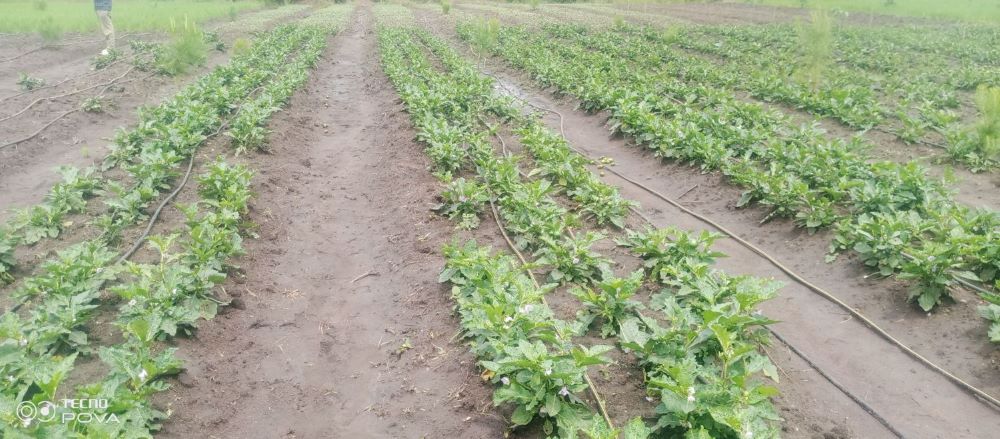
Thriving: Some of the Vegetables grown with the help of micro-irrigation by Angili Women members. Images by Stephen Candia.
Men getting attracted
The chairperson Angili Women group, Rukia Ajonye, says some of their spouses have started joining them after realizing that they now have some money and adequate food for consumption in the households.
With the high demand for food and market, we need to collectively engage in farming. The men are now joining us in the farming because they are seeing that there is money with the irrigation. They used to wait for food to come on the table
Demand for food
The presence of about 3,000 Congolese refugees living in Lobule settlement, has created a high demand for vegetables. This is the market the women are exploiting.
However, with the increasing population, there is human pressure on the environment, the once fertile, green and forested area has become extensively bare as more trees have been cut down indiscriminately for firewood and charcoal and clearing the land for cultivation.
Restored hope
Their dream came to reality in January this year (2024) after Koboko district officials linked them to Rural Initiative for Community Empowerment (RICE West Nile), a local Civil Society Organization that conducted an outreach to Koboko to identify needy women and Children.
Upon reaching out to the women and Lobule Sub County officials, RICE West Nile discovered that there was an urgent need to start conserving the only wetland in the area and support the women with water for irrigation and domestic use.
Climate change effect
From the 1980s to 2021, locals say the area used to receive sufficient rainfall with two planting seasons from April to June and August to December. The area had a nearby river that used to be available all seasons.
But now the water volume has now drastically reduced due to change in weather pattern and the intense human activities.
There used to be bumper harvests according to the farmers who said they used to supply food items to Koboko town and some were exported to Yei in South Sudan.
As the season’s patterns gradually changed, characterized by erratic but violent rainfalls, and long periods of drought food for the local community became scarce and increasingly expensive.
What the local leaders say
The LC III Chairman of Lobule Sub county, Suleiman Banga, said that for the past four years, the area has been experiencing unusual weather patterns.
Our farmers planted maize in March this year, but all the maize dried in the field before maturity. It is only in July that the rains came but were destructive to the crop and access roads
According to Gloria Kanini, the Assistant Agricultural Officer at Lobule Sub county, there has been less involvement of women in production since the cultural norm does not allow them to own land.
She said this has been worsened by increasing water scarcity and increase in domestic violence in the Sub county.
“We go through a lot of challenges in trying to build resilience in containing these encounters. If women own more land, we could easily fight hunger, improve household income and they would come out of poverty,” Kanini said.
The irrigation scheme
The project Officer Rural Initiative for Community Empowerment-West Nile (RICE-WN), Patrick Amacha Dagu, said that since the women had started producing vegetables in the dry season, they believed that supporting them with a mini -irrigation scheme would help offset the impact of the dry season.
“We adjusted our intervention to provide water and distribute it in the fields to enable the women to grow vegetables which were in high demand in the district. The women were trained how to manage the scheme so that they profitably utilize it. The area is swampy and retains a lot of water. So, it is good for growing rice and vegetables,” Dagu noted.
From March up to July, there were no rains, and the women suffered to provide food and money for the children’s school fees because most of them either have undependable husbands or are living as single parents
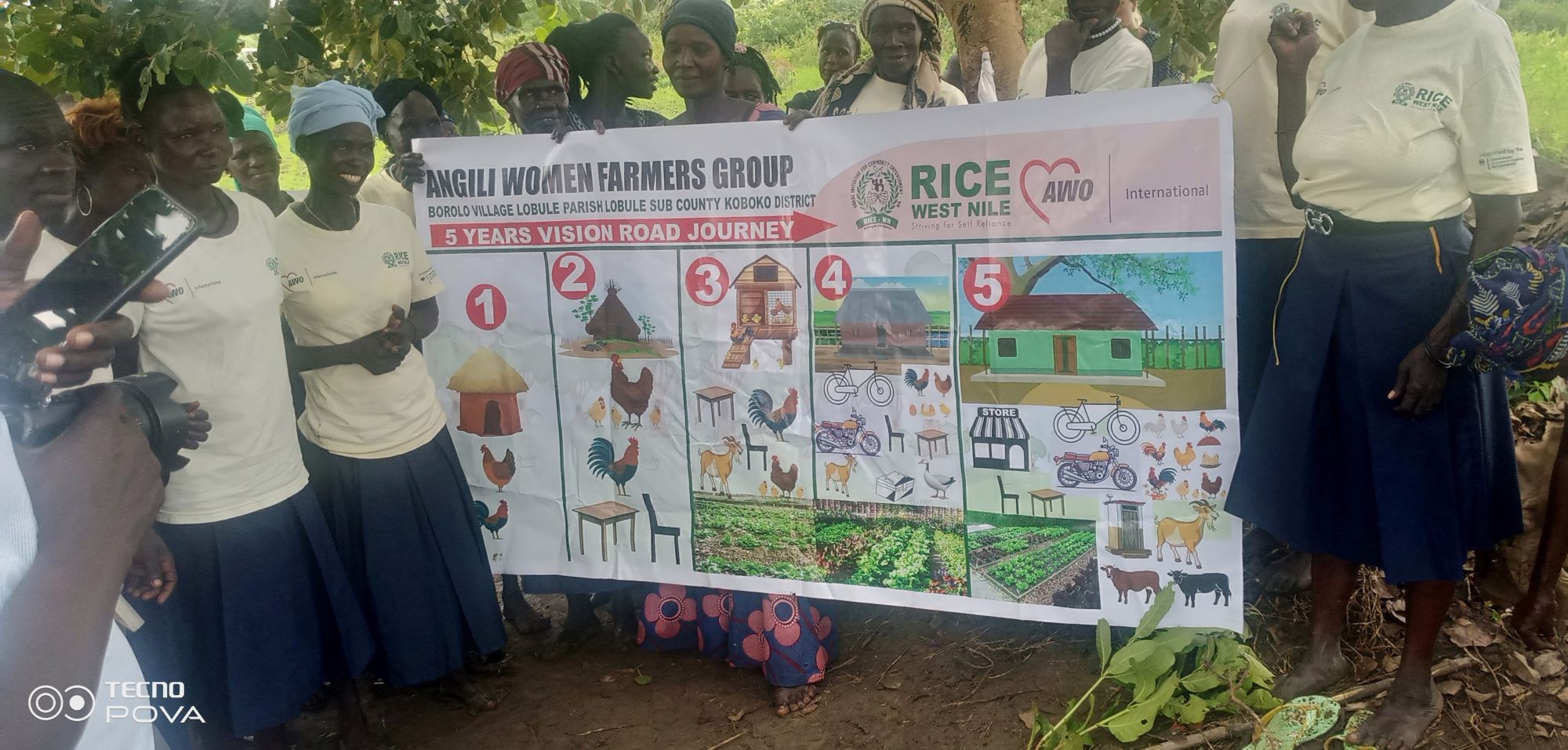
Target: Members of Angili women displaying a banner indicating their set targets in the next five years.
The group
It has 30 members, and their target is to help each of them to own a semi-permanent three roomed house, a motorcycle and increased savings in their SACCO group in the next three years with the help of the irrigation scheme.
Meanwhile Rashid Agele, the landlord of Angili Women Farmers Group said he used to grow tobacco but realized it destroyed the environment, he has copied the production of food crops using the knowledge from the women.
Then he decided to offer the land to the Women Group for vegetable and tree planting of which he has become a member.
Ashraf Mambo, the LC5 chairperson Koboko district said the intervention has helped reduce the service delivery burden on the district by serving the most vulnerable and poor communities in the district.
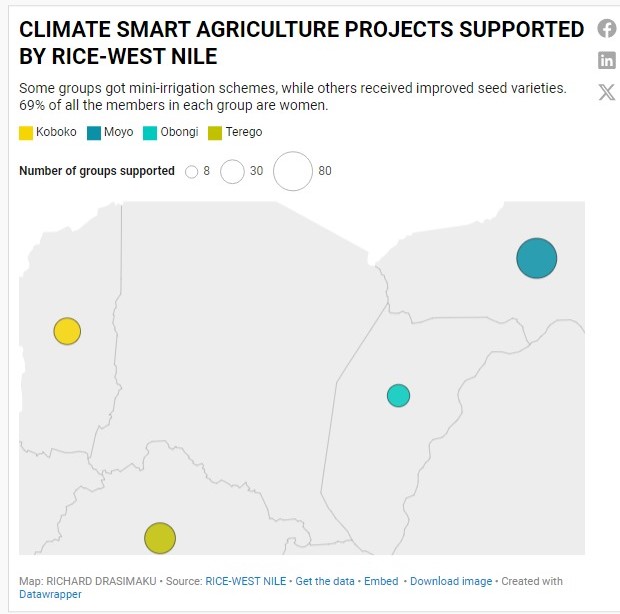
He says the district is looking forward to working with more civil society organizations and development partners to attain its goal of improved service delivery for poverty alleviation among communities.
The Executive Director RICE-West Nile, Pax Sakari, says they decided to implement a module to answer the question of livelihoods, low incomes and environmental destruction and mitigate increasing effects of climate change.
“The module of water for production in Lobule Sub county is a women led project where we decided to put resources where it matters. The future belongs to them and the children in their care. Food production is key in ensuring that the children do not suffer from hunger and malnutrition,” Sakari said.
After realizing success from the irrigation scheme, the demand for similar projects has become overwhelming, requiring that the government prioritizes the scheme to mitigate the devastating effect of climate change, which is manifesting in long dry spells and destructive rainstorms.
This story was produced with the support of InfoNile in partnership with Palladium.
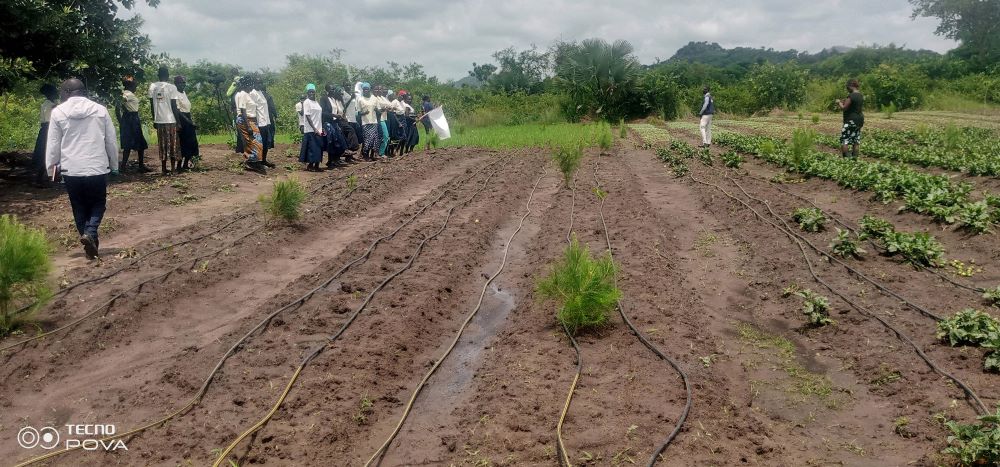
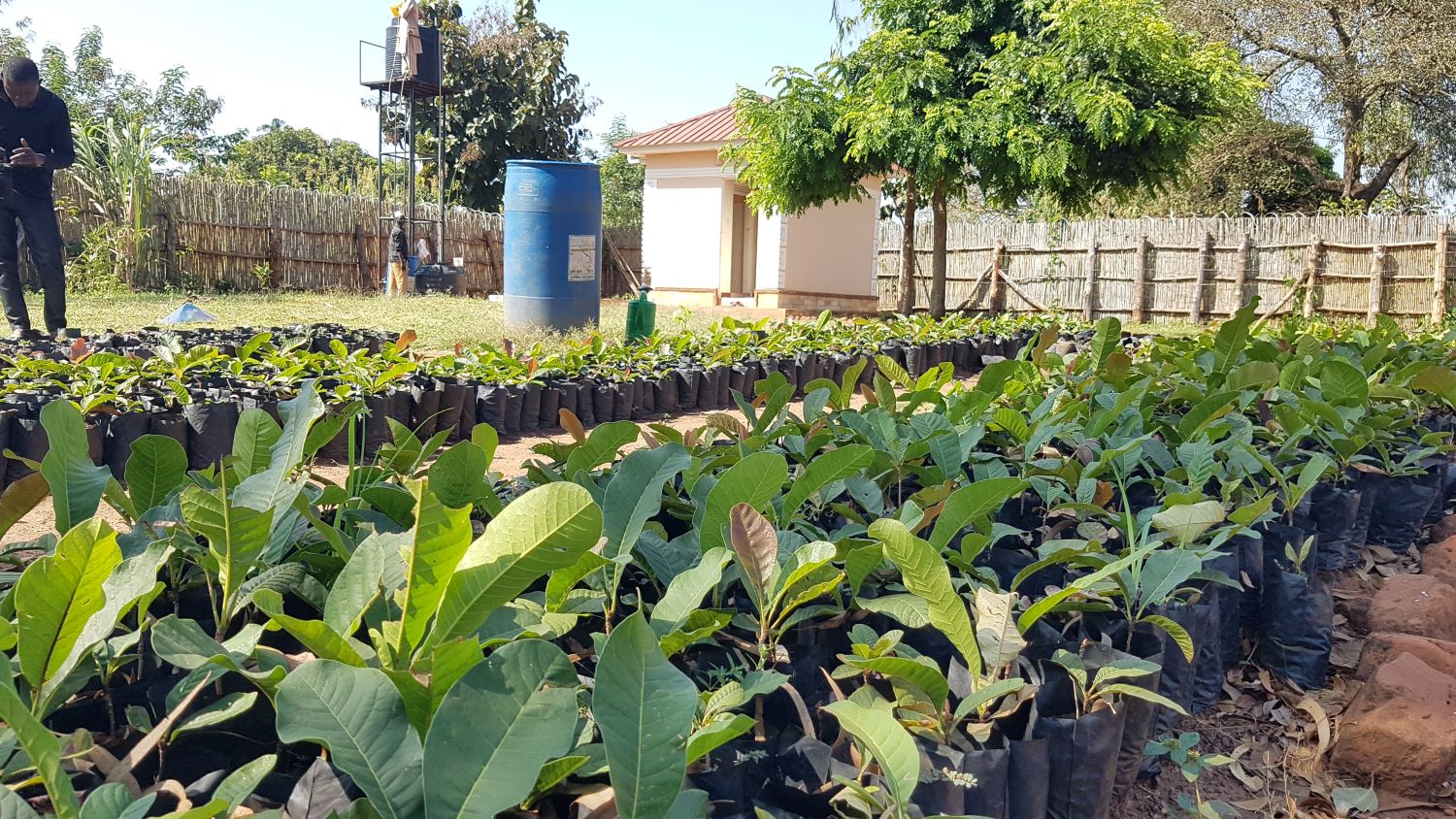
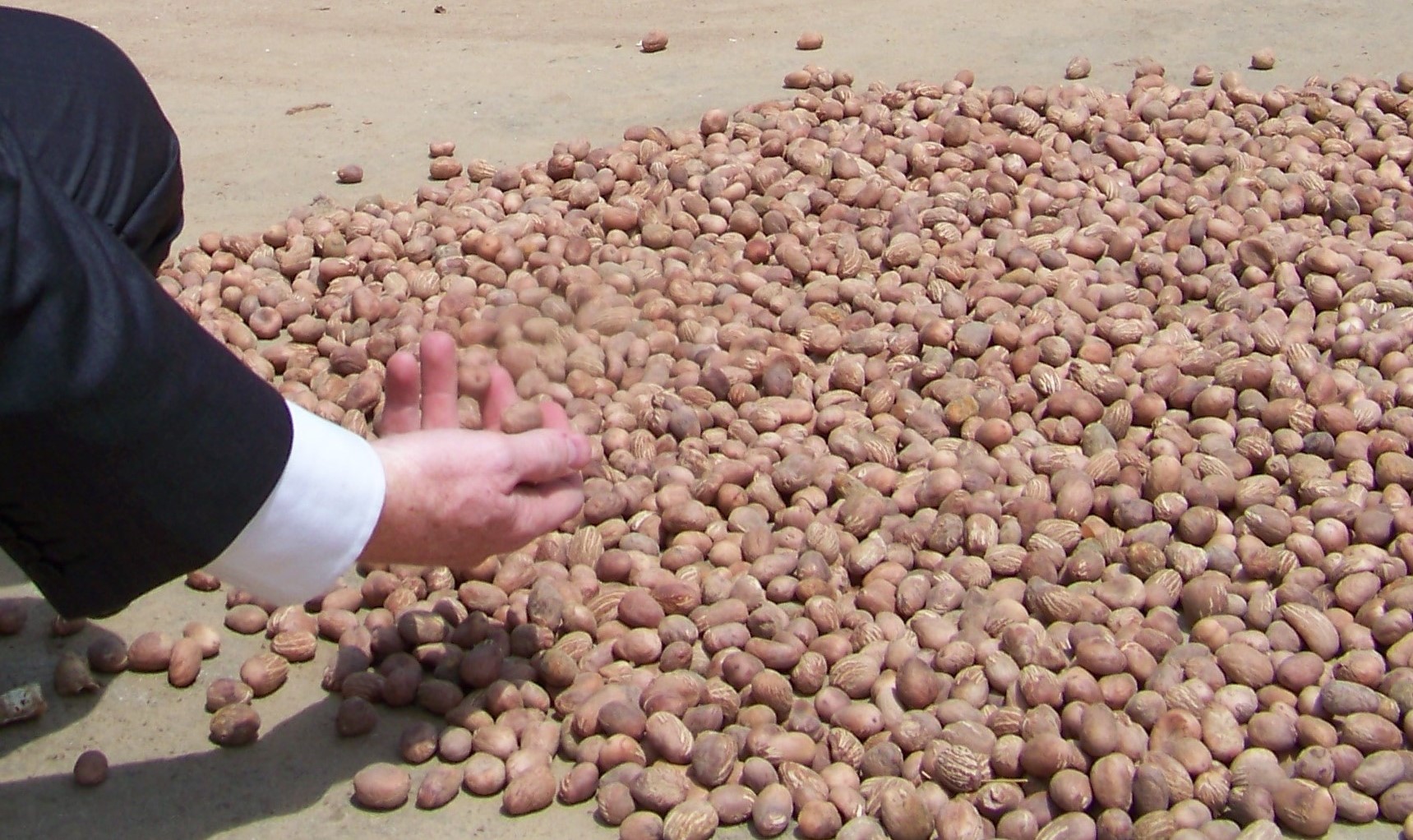
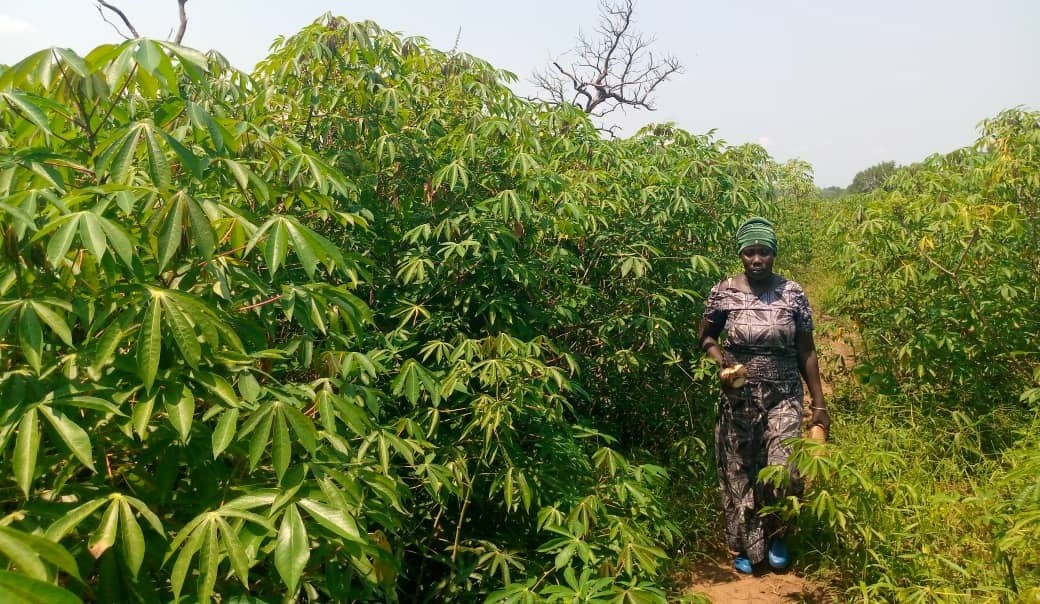
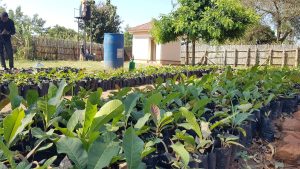

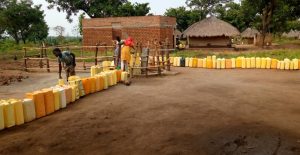
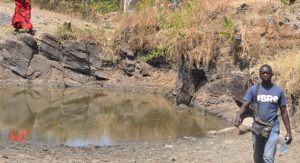
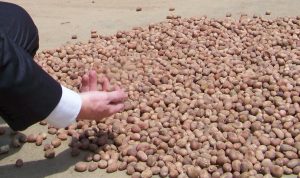
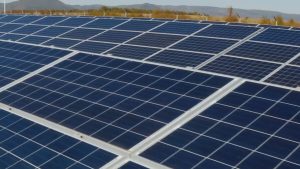

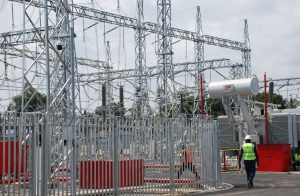
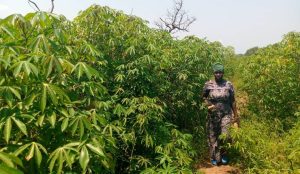
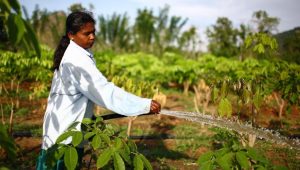
Post Comment